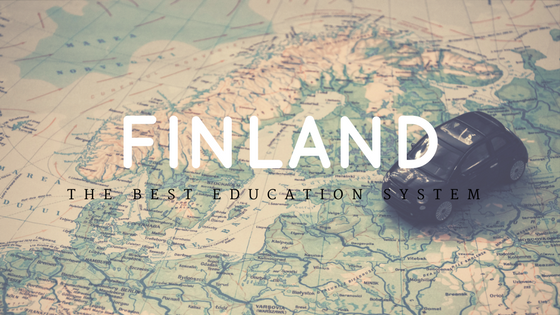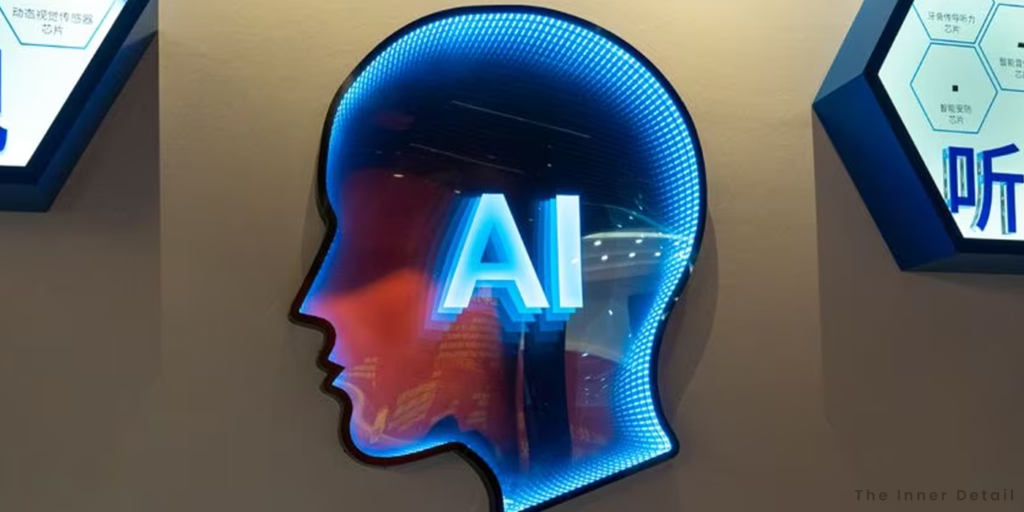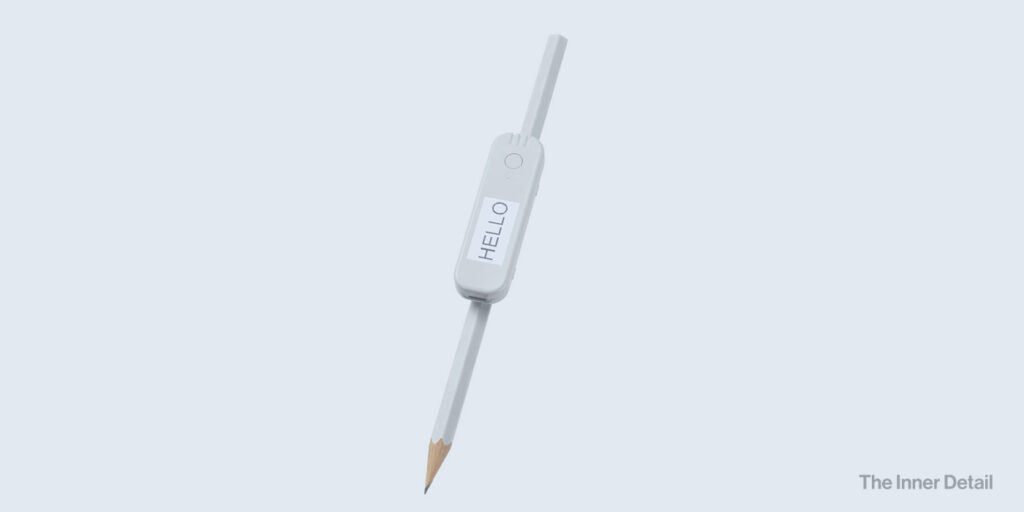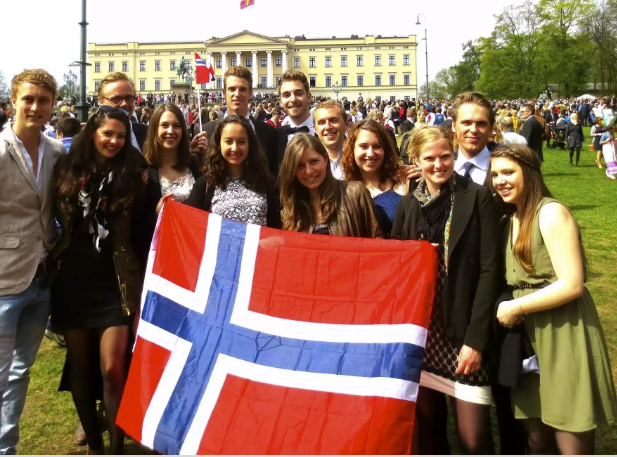Education is the backbone for any individual to lay a smooth life, to achieve the desires. It is also the striking factor in determining the development of the country. In this economical world, education is becoming a business for many corporates, that too in a well-populated country. Most country’s education system show-casts only ‘what to learn’ or the content to learn. But foremostly, there is an equal weightage in ‘how to learn’ aspect, which most educational systems fail to cultivate. Here, Finland is an exception. Finland, being the most literate country in the world with 99.5%, has a keen educational system that produces younger talents who rack up the top positions in PISA and OECD studies.
Finland also holds first ranked Tertiary education by World Economic Forum and scores 0.993 in the Education Index published in UN’s Human Development Index in 2008. Finland manages to be top-listed in the world to create intelligent younger minds, each year. It holds the first place in WorldTop20 Education poll & Programme for International Student Assessment (PISA).
Finland’s Education system is categorized as:
- Early Childhood Education & Care (from 8months to 6years old)
- Basic Education (from 7years to 16 years old)
- General Upper Secondary Education (from 16years to 19(or)20 years old)
- Tertiary Education (Masters Degree)
- Professional Development (Adult Education)
So, what makes the nation to provide such a best educational excellency to its students? This is what, the blog is..!
Reasons for Finland’s Best Educational System:
Pre-learning on ‘how to learn’:
Finland’s Educational system admits students at a later age of eight. Until then, the children are provided ‘daycare’ and ‘kindergarten’, from eight to five years and sixth & seventh year respectively. The system sees this pre-learning is essential for every children, as they must develop the habit of physical (eating properly, keeping clean) and mental (communication skills, empathy, social awareness) behaviors.
According to Eeva Hujala, Finnish Child Development specialist, “Early Education is the first and critical most stage of lifelong learning. Neurological research says, 90% of brain growth happens during the first five years of age and 85% of the nerve paths develop before starting school”.
Finnish Education suggests the children, the reading habit to endeavor it lifelong. For this, government provides three books, one for father, one for mother and the third for the child as a maternity package.
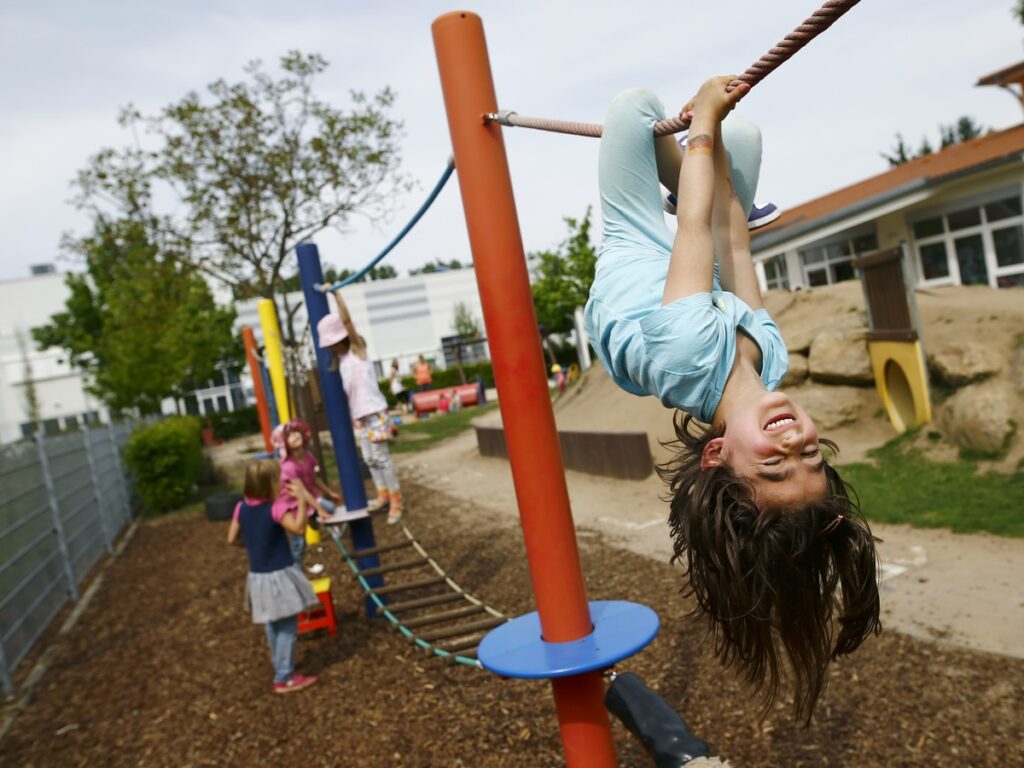
Eeva Penttilia, Helsinki’s Education Department explains, “the daycare is the place for children ‘learning to learn’ by play, and also make friends and short lessons on ‘circles of life’, nature and animals”.
In fact, Municipality pays mothers who put down their job to look after their child for first three years, with a formal check-up on the environment in the house at frequent intervals.
Free Education
Finnish is crystal clear in providing absolute zero tuition fees till comprehensive education, grade 9. Almost all schools in Finland are exclusively funded and administered by its Municipality, except few faith-based or steiner private schools. Besides giving free education, schools also have a free-lunch to students and also costless transport facility to schools. The system imparts conditions to be applied to all private schools too. Business in sort of education is a bizarre, unlike in other countries. That’s why, few and only steiner schools function.
Finland believes that education is the right to every child and must be cost-free. This attributes greatly to the country’s literacy rate.
No standardized Testing
In a scenario of queuing up with printed forms of our subject insight, so called certificates, the wonted way of permeating the masses is through standardized testing of having pre-set questions, testing the insights. But the idea of these tests clashed the minds of the individual to just cram to pass the tests and system aiming to have the students cleared in the tests. Learning is swept away from the equation.
Finland has no standardized tests. The only exception is National Matriculation Examination, at the end of upper secondary education. The exam is also a gate for entering University of Helsinki. Finnish follows individual grading system by their teachers, locally. This pattern is to ensure the students, to be more co-operative rather than competitive. Competition may mislead, but ‘co-operation’ never.
Children are admitted to schools not on any selection criteria and all children from all society classes receive equal education.
Flexible and Relaxing Atmosphere
“Only if space created, ideas / things can be filled”. If mind is corrugated, nothing fits on the mind. One must be mindful, to be an effective learner.
The schools start the day between 9:00 AM – 9:45 AM and operate till 2:00 PM – 2:30 PM. Research says that early start times are detrimental to students’ well-being, health and maturation. According to OECD survey, Finnish students have the least homework compared to others in the world. They only have less than half-an-hour to clear out school stuffs. Rather they have a great time of outside works, tasks at hand, learning and growing as a human being.
Teachers are functional along with students in the class hours and the students have recreational times included in a day, to clean up the classrooms and other activities. This carves them as a well-educated social being.
Options to opt for studying
Finnish students are not prone to conventional way of the masses. Right to interests is highlighted, wherein a number of auxiliary courses are availed to the students.
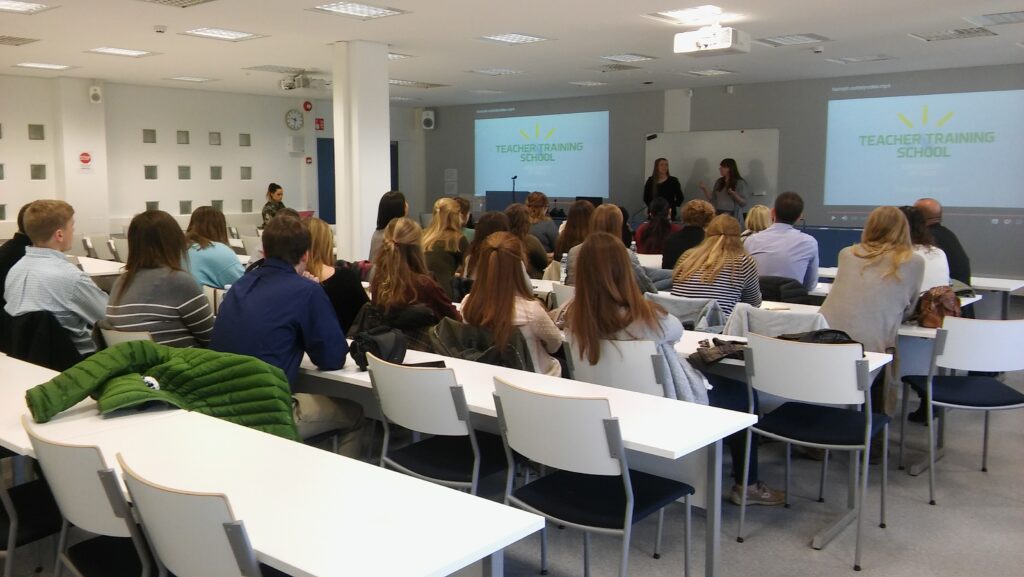
For instance, end of basic comprehensive educations caters two paths, one for occupational training to develop vocational competence and other for academic upper school for university studies. The passed outs, may have a change of approach or pursue in the same, as per their wishes (vocational student may go for a university and academic student may opt for vocational course).
In upper academic schools, student may have to ensure the level of difficulty at the start of the course and prior to matriculation exam. This serves the students, to opt an easy level of matriculation exam, if one is unsure of the knowledge on the course.
Epilogue:
“If younger minds are allowed in their way of desires or goals, the intensity of knowledge and wit would be to the peak, than those forced to take up, on demand and mass basis!”
“Students are not to be pressurized of social responding. Let them be, what they like to be!”
References:
